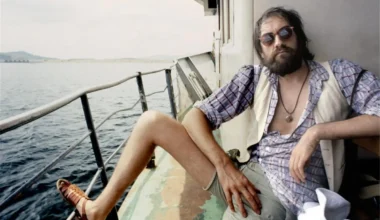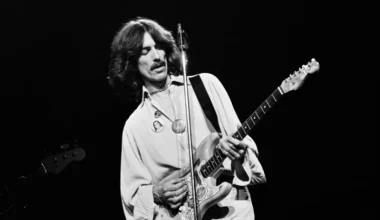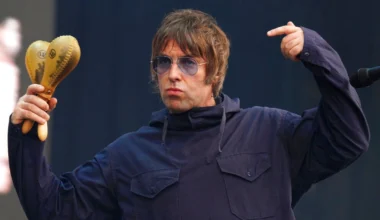The Beatles represent the power of songwriting. Regardless of where they were in their careers or what style they were representing, humanity remained at the heart of all they made. How cerebral their songs were or how the writing process went, humanity remained at the core.
The Beatles’ discography is so relevant and everlasting because of the humanity ingrained within it. No matter what happens in the world, feelings like love and melancholy, which are the foundations of empathy, persist. No one can bring them to the forefront of music like The Beatles.
While all contributed, Lennon and McCartney’s songwriting was the band’s driving force, defining their success. Given how much the two accomplished together, it’s unfortunate that their relationship ended on such bad terms. As their collaboration deteriorated and they each valued various creative pursuits, it was just a matter of time before the band disbanded.
After that, the relationship between Lennon and McCartney was severed, and despite treatment and plastering, it never entirely healed. They would occasionally converse and perform music together, but when McCartney showed up at Lennon’s residence, Lennon sent him away.
“That was a period when Paul just kept turning up at our door with a guitar,” he said. “I would let him in, but eventually I told him, ‘Please call before you come over.'” It’s not 1956, and showing up at the door isn’t the same thing. You know, call me. He was upset by it, but I didn’t mean it maliciously. I only meant that I had been caring for a baby all day and a guy showed up at the door.
The two would never see each other again, but to avoid a total breakdown, they would communicate over the phone. Their talks shifted away from music as they developed other hobbies, such as bread making, and talked about these instead. The final time they talked was around two months before Lennon was shot. He finished the discussion with, “Think about me now and then, my old friend.”
A few hours after John Lennon’s assassination, the press swarmed Paul McCartney, demanding his thoughts on the matter. As many expected, McCartney responded coldly, describing the news as “shocking” but with little to no emotion on his face. McCartney’s apathy was mistaken as indifference to the news, although it was shocking. The world could barely digest the news, so imagine how one of his closest pals must have felt.
Later, still struggling to cope with Lennon’s death, Paul McCartney returned to work on his album Tug of War. The album featured various musicians, including George Martin and Ringo Starr, and Carl Perkins, one of the Beatles’ favorite guitarists. Perkins was always a huge inspiration to the Beatles, who covered his songs more than any other artist. So, it’s no wonder that when the opportunity to work with Perkins arose, McCartney jumped at it.
They recorded the song ‘Get It’ together over a few days while Perkins stayed at McCartney’s place. To express gratitude for their hospitality, Perkins played Linda and Paul an excerpt from a song he was working on. He claimed that the lyrics had come to him during the night.
The song’s final section began with the chorus: “If we never meet again this side of life / in a little while over yonder / where it’s peace / my old friend / won’t you think about me now and then…”
With that, McCartney fell into tears. Perkins, perplexed, stopped playing, supposing that something had happened or that McCartney disliked the song. Instead, Linda wrapped her arm around her husband and thanked Perkins, stating that the music had finally helped him connect with his sadness.
The phrase “now and then” has stayed with Paul McCartney ever since. It was the title of The Beatles’ final track, which featured AI-generated vocals from John Lennon. It seems fair that McCartney, whose lyrics resonated with so many people, had one of his favorite performers do the same for him. Perkins’ encapsulation of Lennon’s final comments to his friend catalyzed McCartney to fully examine his emotions. It enabled him to begin the process of grieving the death of someone he cared deeply about. One of the greatest songwriters found solace in his beloved art during a challenging period. Equally fortunate was the person who helped him fall in love with it.








